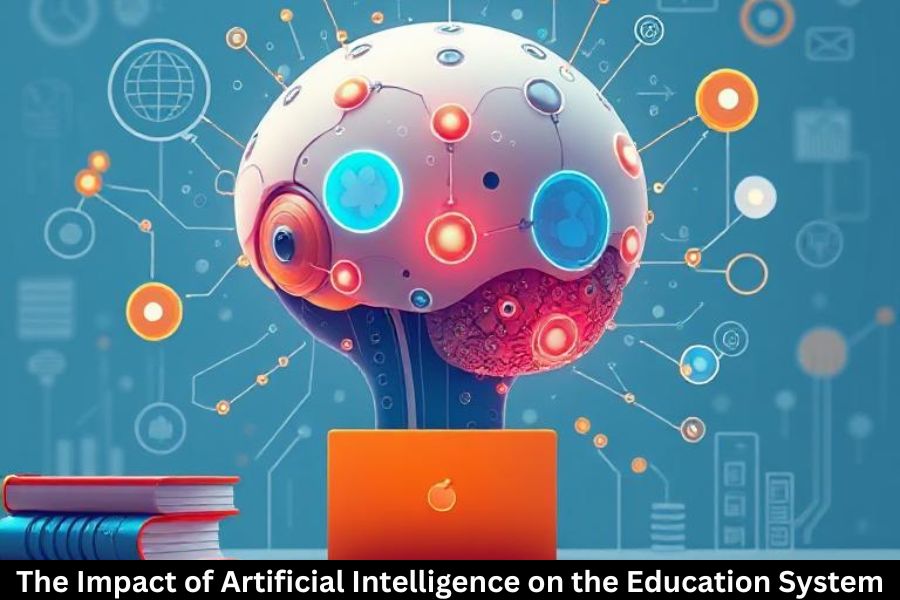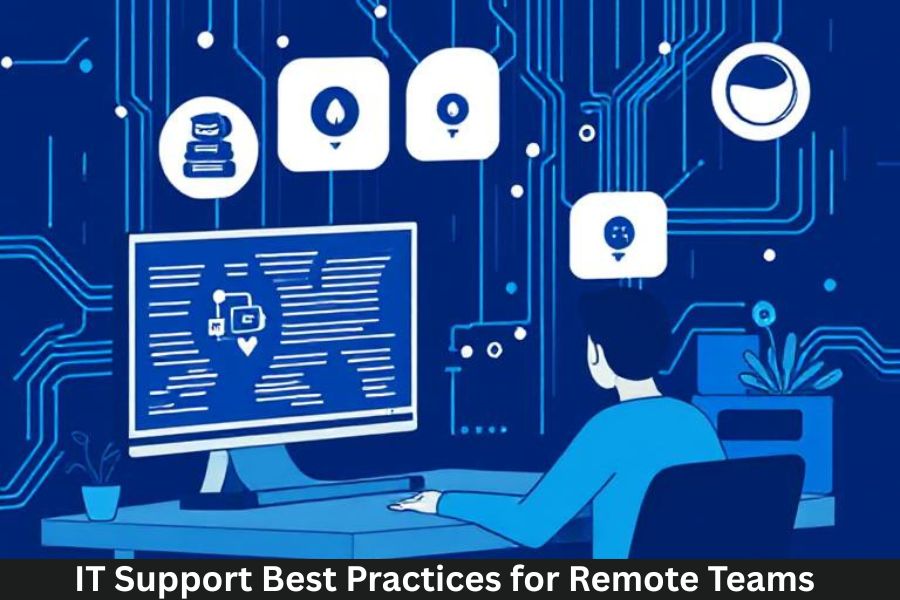Artificial Intelligence (AI) is transforming industries worldwide, and education is no exception. From personalized learning platforms to intelligent tutoring systems, AI is reshaping how students learn, how teachers teach, and how schools operate. While traditional education models have largely been one-size-fits-all, AI introduces a smarter, more flexible, and data-driven approach that is revolutionizing the learning experience.
How AI Is Changing the Education System
1. Personalized Learning
One of the biggest impacts of AI on education is the ability to create customized learning experiences. AI-powered platforms analyze a student’s strengths, weaknesses, and learning pace, then adjust content accordingly. This ensures that every student can learn at their own speed instead of struggling to keep up with the rest of the class.
2. Smart Content Creation
AI can generate digital textbooks, interactive lessons, and practice exercises tailored to different grade levels and subjects. Tools like intelligent question banks and virtual simulations help students grasp complex concepts more effectively.
3. Automated Administrative Tasks
Teachers often spend significant time on grading, attendance, and paperwork. AI reduces this workload by automating tasks such as grading multiple-choice tests, tracking student performance, and even detecting plagiarism. This allows educators to focus more on teaching and mentoring.
4. Virtual Tutors and Chatbots
AI-powered virtual tutors can provide 24/7 support to students, answering questions and offering explanations outside classroom hours. Chatbots can also assist with administrative queries, such as course schedules, exam dates, or assignment deadlines.
5. Data-Driven Insights for Teachers
AI can analyze vast amounts of student data to identify learning gaps and predict future performance. Teachers can use these insights to provide targeted interventions and improve teaching strategies.
6. Global Access to Education
Through AI-driven platforms, quality education can reach students in remote or underdeveloped regions. Language translation tools powered by AI also break down barriers, allowing learners from different countries to access educational content in their native language.
Benefits of AI in Education
- Enhanced Learning Outcomes – Students learn more effectively with personalized instruction.
- Efficiency for Teachers – Automation frees up educators’ time for more creative and impactful teaching.
- Increased Accessibility – AI-powered online tools make education available anytime, anywhere.
- Improved Engagement – Interactive and gamified learning keeps students motivated.
Challenges of AI in Education
While AI offers many benefits, there are also challenges to consider:
- High Implementation Costs – Not all schools can afford advanced AI tools.
- Data Privacy Concerns – Student information must be safeguarded.
- Over-Reliance on Technology – Human interaction remains essential for holistic learning.
- Teacher Training Needs – Educators must learn how to effectively use AI-powered systems.
The Future of AI in Education
As AI continues to evolve, its role in education will expand even further. We can expect:
- Smarter adaptive learning systems that evolve with students.
- AI-driven career guidance tools to help learners plan their futures.
- More immersive experiences with AI-powered virtual and augmented reality.
- Improved inclusivity for students with disabilities through speech recognition and assistive technologies.
Final Thoughts
The impact of artificial intelligence on the education system is profound and far-reaching. AI is not here to replace teachers but to empower them, making learning more personalized, efficient, and accessible. While challenges exist, the potential for innovation and improvement in education is immense.
As AI becomes an integral part of classrooms worldwide, it promises a future where education is smarter, fairer, and more effective for all.



